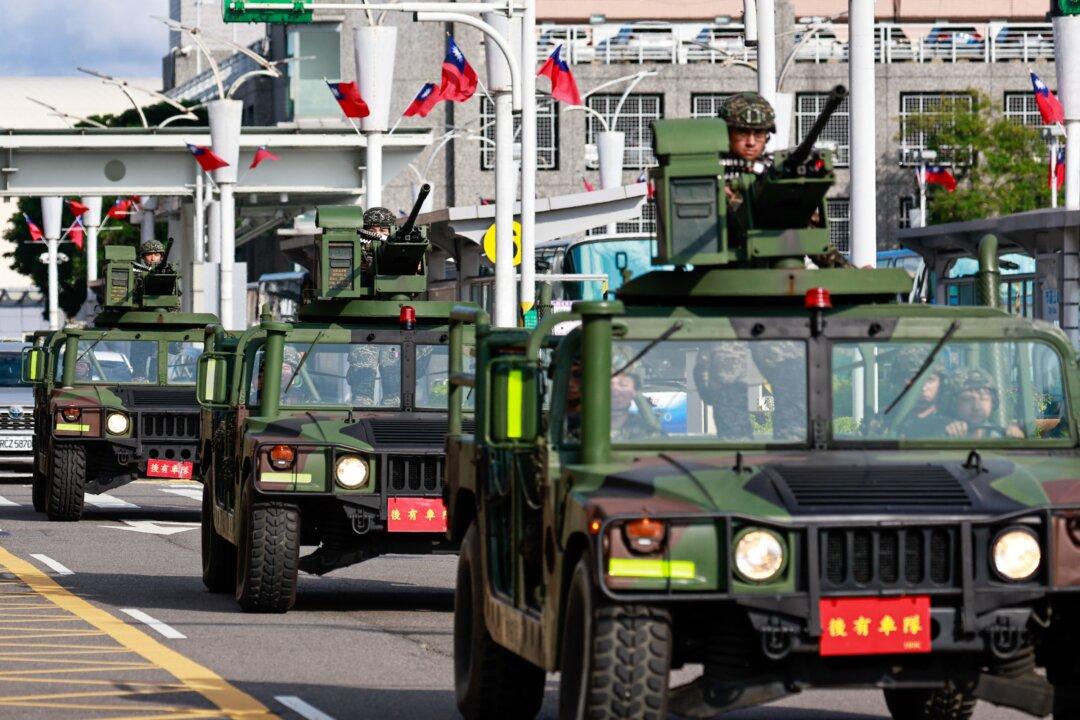There are several ways in which the Chinese military could fail in a full-scale attack on Taiwan, and failure to seize the island could potentially threaten the Chinese Communist Party’s hold on power, according to a former intelligence officer.
Lonnie Henley, a senior fellow at the Foreign Policy Research Institute with more than 40 years of experience as an intelligence officer and East Asia expert, explored the different challenges the Chinese Communist Party (CCP) would face in a potential amphibious assault on Taiwan, in an article published by the U.S. Insitute of Peace on Nov. 5.





